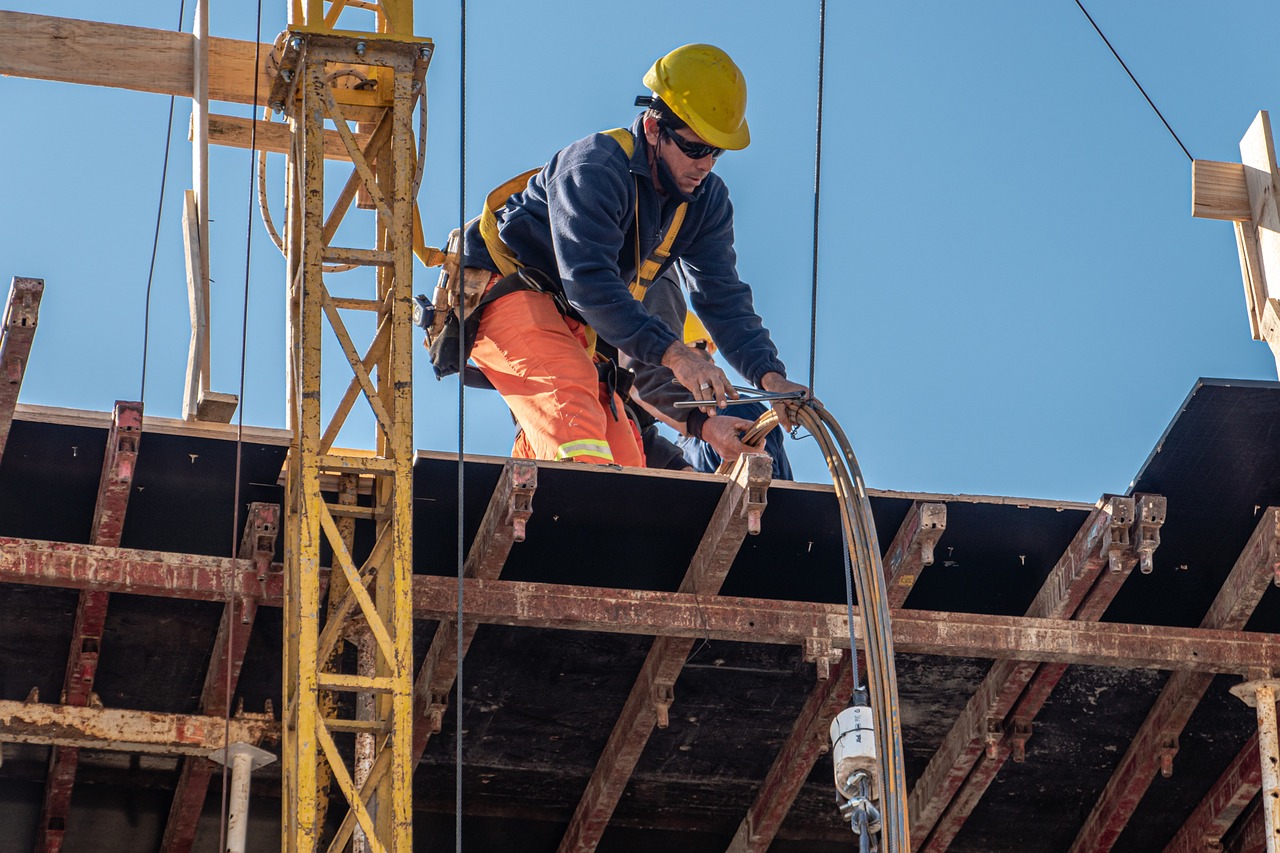When you hire a general contractor, communication is one of the most critical aspects of a successful construction project. Whether you’re working on a residential renovation or a large-scale commercial build, maintaining consistent and clear communication with your general contractor can prevent costly delays, misunderstandings, and unnecessary stress. For those seeking a general contractor Toronto or looking at commercial contractors Toronto, understanding the right frequency and method of communication is essential.
The Importance of Communication with Your General Contractor
Construction projects are inherently complex. From scheduling trades to managing budgets and materials, a lot is happening behind the scenes that homeowners or business owners might not see. By communicating regularly with your general contractor, you ensure that you remain informed about progress, potential issues, and upcoming decisions that require your input.
Contractors appreciate clients who stay informed but also respect the contractor’s workflow. Over-communicating can sometimes slow down progress, while under-communicating can lead to misunderstandings. Striking the right balance is key. Companies like Contracting Ontario emphasize the importance of setting clear expectations for communication from the very beginning.
Recommended Frequency of Communication
The frequency of communication can vary depending on the size and complexity of your project. Here are some general guidelines:
- Initial Planning Phase: During the planning and design stage, you should meet with your general contractor frequently. Weekly meetings are typical, as decisions about materials, timelines, and budgets need to be finalized. For projects with extensive planning, more frequent check-ins may be necessary.
- Active Construction Phase: Once construction is underway, communication should remain regular but more structured. Many clients find that meeting or receiving updates once or twice a week is sufficient. Some contractors provide daily progress reports via email or project management software. In contrast, phone calls or on-site meetings may be scheduled for major milestones or to address unexpected issues.
- Commercial Projects: For commercial builds, communication can be slightly more frequent due to the scale of the project. Working with experienced commercial contractors Toronto means coordinating multiple subcontractors and adhering to strict deadlines. Weekly progress meetings, combined with quick daily check-ins via phone or digital tools, usually keep everyone aligned.
- Critical Points and Changes: Regardless of the project size, any changes to the plan, budget, or timeline should trigger immediate communication. These discussions may occur outside the regular schedule but are crucial to avoid delays or misunderstandings.
Methods of Communication
In addition to frequency, the method of communication matters. Modern construction projects often rely on a combination of in-person meetings, phone calls, emails, and project management software.
- On-site meetings provide the clearest understanding of the progress and challenges. Seeing the project firsthand allows you to ask detailed questions and review workmanship.
- Phone calls and video conferences are useful for quick updates or clarifying minor issues.
- Emails and written updates offer documentation of discussions, which is especially helpful when handling contracts, change orders, or approvals.
- Project management tools allow contractors to share schedules, photos, and daily logs. Tools like these can help maintain consistent communication without requiring constant meetings.
Companies like Contracting Ontario often encourage the use of these tools because they allow both the client and contractor to stay organized and informed, especially for complex projects in Toronto.
Tips for Effective Communication
- Set Expectations Early: Discuss with your general contractor how often you prefer updates and what format works best for you. This prevents misaligned expectations later.
- Prioritize Critical Information: Focus your communications on key decisions, changes, and milestones. Avoid overwhelming your contractor with minor questions that can wait for the scheduled update.
- Document Decisions: Keep a written record of important decisions, approvals, and changes. This helps prevent disputes and keeps the project on track.
- Be Respectful of Time: While it’s important to stay informed, remember that your contractor has a schedule to maintain. Efficient communication respects everyone’s time.
- Stay Flexible: Construction projects often encounter unexpected challenges. Being open to adjusting communication frequency when needed helps maintain a smooth workflow.
Signs You Might Need More Communication
Sometimes, you may feel the need to increase the frequency of communication. Common signs include:
- Missed deadlines or frequent delays
- Confusion about project scope or changes
- Unclear progress reports
- Budget overruns or unexpected costs
If any of these occur, it’s a signal to meet with your general contractor more often until the project is back on track.
Conclusion
Communicating effectively with your general contractor is not about constant contact but about maintaining a consistent, structured, and purposeful dialogue. For anyone searching for a general contractor Toronto or evaluating commercial contractors Toronto, setting clear expectations for communication ensures your project runs smoothly and efficiently.
A well-planned communication strategy, combined with respect for your contractor’s workflow, can prevent delays, reduce stress, and improve the quality of your finished project. Companies like Contracting Ontario often highlight that projects with regular, meaningful communication are far more likely to finish on time and within budget. By understanding when, how, and how often to communicate, you take an active role in the success of your construction project.
Congrats! You’ve Finished This Blog.








